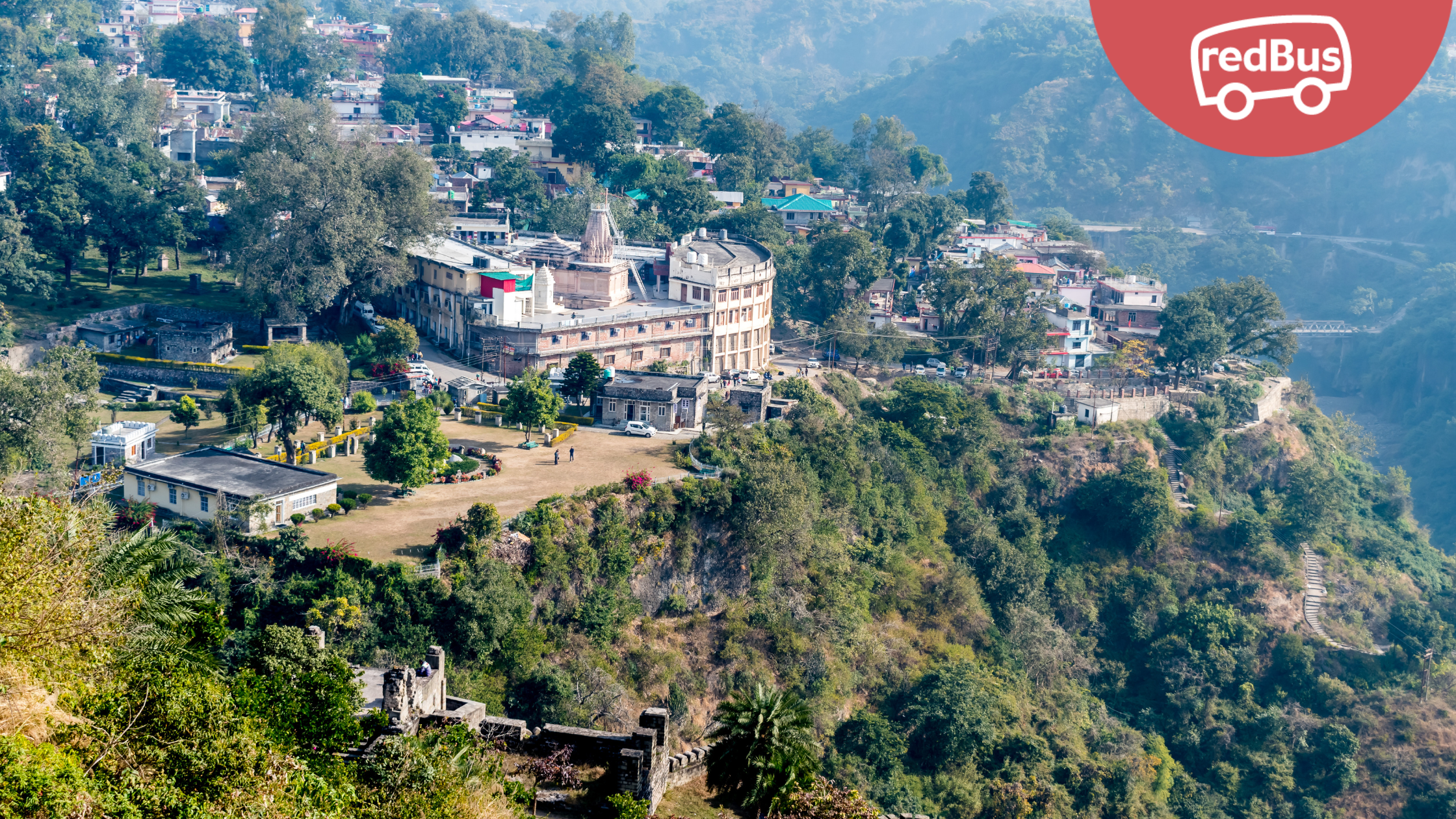Starting from November 1, a new directive will come into effect in the Delhi-National Capital Region (NCR), restricting the operation of buses to only those running on Compressed Natural Gas (CNG), electric power, and BS-VI compliant diesel fuel. This important decision, affecting both government and privately-owned buses, has been communicated to the governments of Haryana, Rajasthan, and Uttar Pradesh for their compliance.
The State Transport Authority (STA) has introduced this regulation in response to guidance from the Commission of Air Quality Management (CAQM), which aims to combat and alleviate air pollution in the region. Delhi has experienced deteriorating air quality for several days, with readings consistently categorizing it as “poor” on the Air Quality Index (AQI). At 4 pm on Thursday, the city’s 24-hour average AQI was recorded at 256, a notable decline from 243 the previous day and 220 two days before.
On October 21, the Center-led panel for air quality management initiated an 11-point action plan in the National Capital Region, aligning with Stage-II of the Graded Response Action Plan (GRAP). This comprehensive strategy seeks to address the pressing issue of air pollution in the region.
In a significant move, Gopal Rai, Delhi’s Environment Minister, disclosed that the government has identified eight additional pollution hotspots, augmenting the existing 13 within the national capital. Specialized teams will be deployed to these identified areas to conduct thorough inspections and tackle the sources of pollution. This action is a part of the government’s commitment to curbing pollution and improving the air quality in Delhi.
Moreover, a recent analysis conducted by the Delhi Pollution Control Committee has revealed that the city encounters its most severe pollution levels from November 1 to November 15. This period coincides with an increase in stubble burning incidents in neighboring states like Punjab and Haryana, which contribute to the pollution woes in Delhi.
Starting from November 1, only CNG, electric, and BS-VI diesel buses will be permitted to operate in the Delhi-NCR region, as per the directive issued by the State Transport Authority. This move aligns with efforts to combat air pollution, as the region grapples with persistently “poor” air quality. The government is also actively identifying and addressing pollution hotspots while preparing for the peak pollution season, coinciding with stubble burning incidents in nearby states.
In addition to this, On Sunday, Gopal Rai, the Environment Minister of Delhi, made a visit to ISBT Kashmere Gate and attributed the escalating pollution in north Delhi to vehicles, particularly those originating from neighboring states. Pointing to a bus from Uttar Pradesh Roadways, Rai accused BS-III diesel buses like these for contributing to the pollution in Delhi-NCR. Just four days earlier, Minister Atishi had remarked that there was a lack of scientific data regarding the allocation of pollution sources. The Commission for Air Quality Management (CAQM) had recently declared that starting from November 1, only CNG, electric, and BS-VI buses would be permitted to enter Delhi from the neighboring states.









